Question And Answer
Publications
Articles, publications, books, tools and multimedia features from the U.S. Institute of Peace provide the latest news, analysis, research findings, practitioner guides and reports, all related to the conflict zones and issues that are at the center of the Institute’s work to prevent and reduce violent conflict.
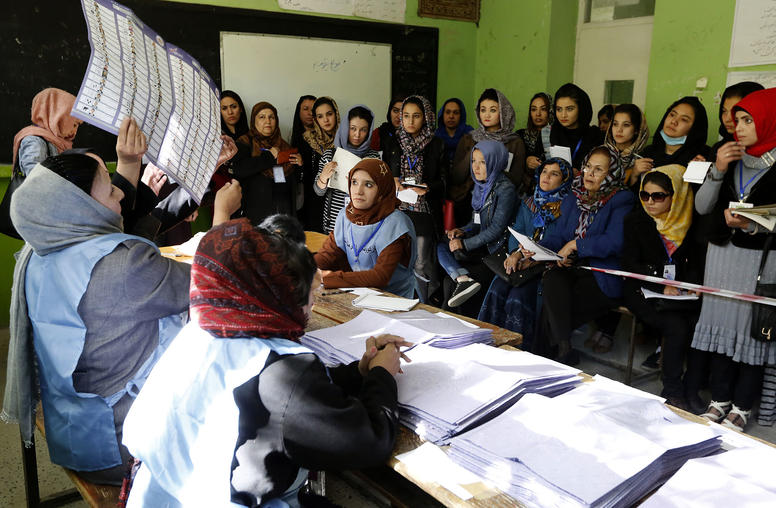
What to Watch for in Afghanistan’s Presidential Election
After several delays, Afghans will finally head to the polls on Saturday to elect their next president. The election comes amid an indefinite stall in the year-long U.S.-Taliban negotiations following the cancellation of a high-level summit earlier in the month. There has been a debate over the sequencing of elections and the peace process for months, but the vote will move ahead this weekend. As with all post-2001 Afghan elections, security risks and the potential for fraud and abuse loom over these polls. USIP’s Scott Worden and Colin Cookman look at how insecurity will impact the legitimacy of the vote and what measures have been taken to combat electoral mismanagement and fraud.
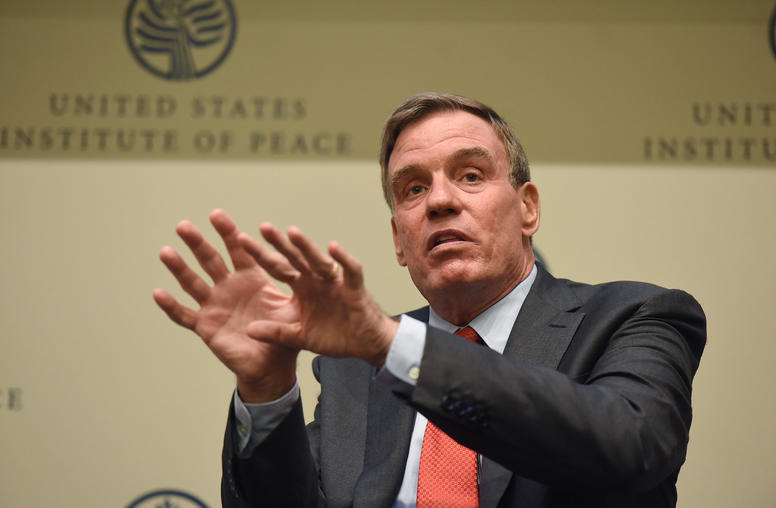
Senator Mark Warner: Meeting the Challenge of China
China today is seeking to erode U.S. power and influence globally through economic, military, technological and political influence strategies, U.S. Senator Mark Warner said. The United States should respond not by reverting to a simplistic “new Cold War” frame, but by bolstering security at home and working with allies and partners abroad to reinforce the existing international order and make America more competitive.
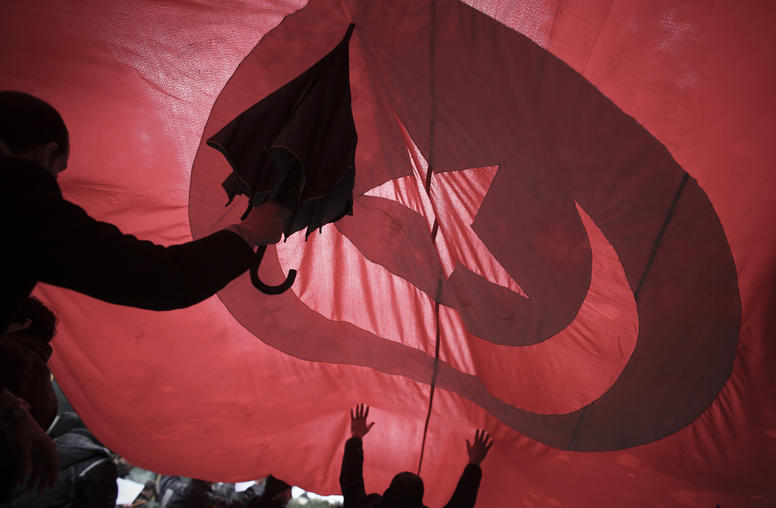
Tunisia’s Split Parliamentary Vote Could Force Unconventional Alliances
Tunisia’s busy election season continued October 6 with parliamentary elections, the country’s third legislative vote since the 2011 uprising that ousted longtime dictator Zine El Abidine Ben Ali. Only a few weeks ago, voters went to the polls for first-round presidential elections. The results of that vote demonstrated Tunisians’ disenchantment with the ruling establishment. This past Sunday’s vote saw a host of new parties and movements voted into parliament, further complicating the formation of a new government. USIP’s Leo Siebert discusses who could form a ruling coalition and how the parliamentary elections could impact the second-round presidential polls on October 13.
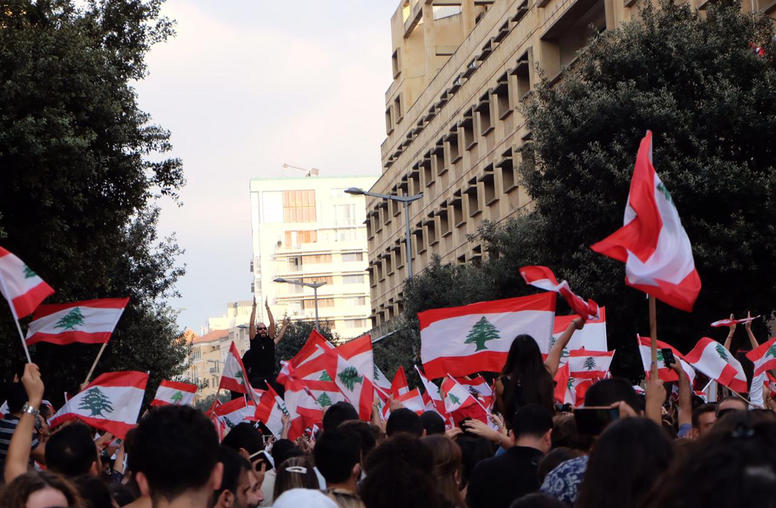
A massive protest movement emerges in Lebanon. What does it mean?
Over the last week, mass protests broke out across Lebanon, signaling citizens' mounting discontent with their government and economy. Millions of Lebanese of all backgrounds, including Sunnis, Shiites, Christians and Druze from across the socio-economic spectrum hit the streets to express their exasperation with the country’s endemic corruption. The government announced on Monday emergency economic reforms in an effort to assuage protesters. Will it be enough? USIP’s Elie Abouaoun takes a closer look at what sparked the protests, the impact on Lebanon’s highly polarized politics, and possible scenarios for the next few weeks.
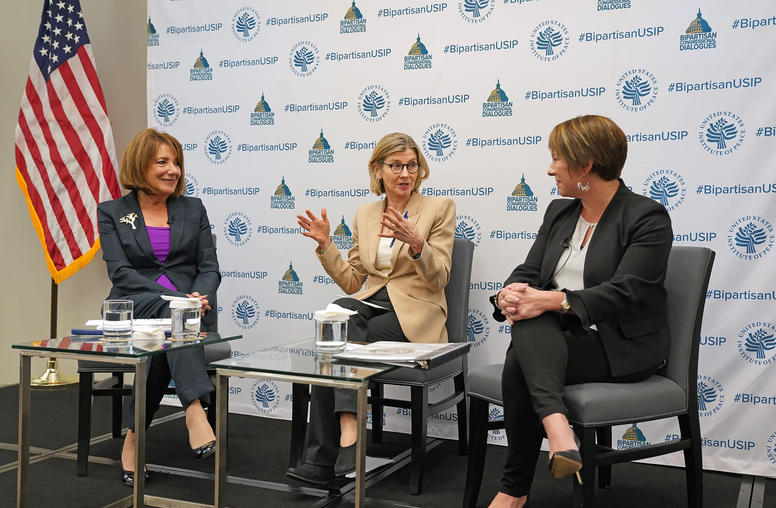
To Protect Afghan Women’s Rights, U.S. Must Remain Engaged
It’s been over a year since the U.S., led by Amb. Zalmay Khalilzad, opened talks with the Taliban aimed at ending the 18-year war. Over that year, Afghan women have demanded a seat at the negotiating table, worried that the hard-won gains made over the last two decades could be in jeopardy. Even with the peace process stalled, “it is vital that the U.S. remain engaged” to ensure that Afghan women’s rights are protected, said Rep. Martha Roby (R-AL) last week at the U.S. Institute of Peace’s latest Bipartisan Congressional Dialogue.

In Tunisia, Democratic Elections Were Easy—Now Comes the Hard Part
After two rounds of presidential elections which sandwiched parliamentary elections, Tunisia has accomplished something that has eluded every other country in the Middle East and North Africa: repeated free and fair democratic elections. And while that milestone may renew the faith of many in the trajectory of Tunisia’s democratic transition, the outcome of these elections is a harbinger of more difficult times.
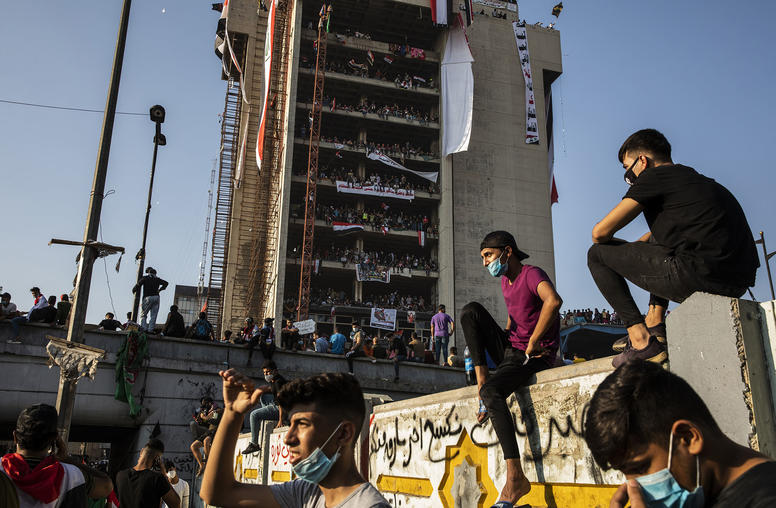
As Protests Continue in the Street, Iraq Reaches a Crossroads
Tens of thousands of Iraqis have been protesting in Baghdad and southern provinces against the failure of the Iraqi government and the political class in delivering basic services, providing jobs, fighting corruption, and more. Iraqi security forces and armed groups reportedly linked to Iran have used lethal force in response to the protests, leaving over 260 dead and over 10,000 injured. As the protests have progressed, demands have expanded to include calls for regime change, the resignation of Prime Minister Adel Abdul Mahdi, early elections, pushing back against Iranian influence, and accountability for killing peaceful protesters.
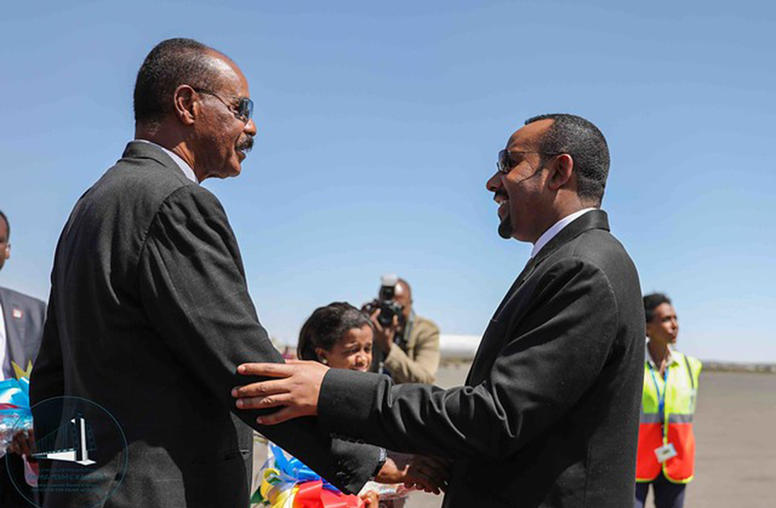
Nobel Laureate Abiy Ahmed’s Next Peacebuilding Project Should be at Home
Ethiopian Prime Minister Abiy Ahmed has remained in the news in the weeks following his 2019 Nobel Peace Prize—but not for the reasons you’d expect. An estimated 86 people have died in violence sparked by an alleged assassination attempt against a prominent political opposition leader. This tragedy is symptomatic of Ethiopia’s fragile transition and demonstrates the urgency for Dr. Abiy to focus his energies at home to deliver a peaceful transition for the 105 million Ethiopians counting on his leadership.

Iraq’s protesters just ousted a prime minister. Now what?
Iraq faces a new political crisis and the risk of more violence after its prime minister, Adel Abdul Mahdi, resigned under pressure from two months of mass demonstrations by youthful protesters. More than 400 people have been reported killed amid authorities’ forceful attempts to disperse the youthful protesters, who say a corrupt elite is failing to provide basic government services and share the country’s wealth with citizens. But Abdul Mahdi is stepping down only after Iraq’s most prominent Shia cleric withdrew his support. USIP’s Sarhang Hamasaeed and Elie Abouaoun discussed where the crisis could lead.
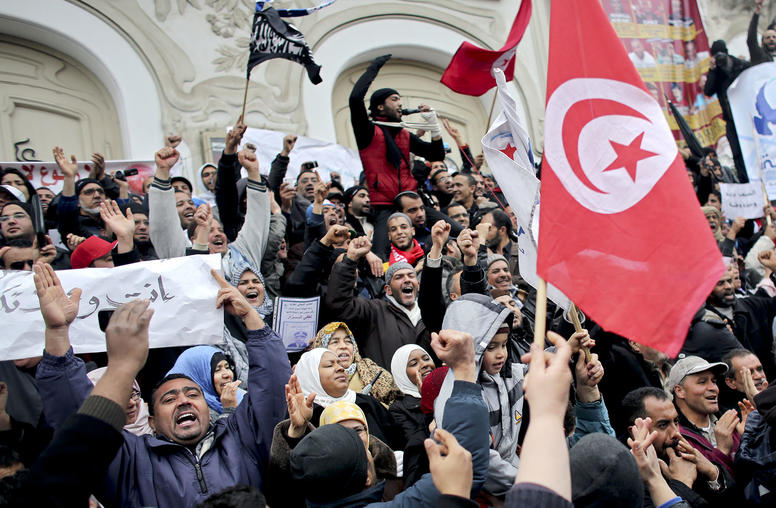
Tunisia’s transition has unfinished business. Can Ennahda lead the way?
Fresh off a busy election season, Prime Minister-designate Habib Jemli is in the process of forming Tunisia’s next government. That government will have the daunting task of addressing Tunisians’ deep disenchantment with the political class and its failures to live up to the promise of the 2010-2011 uprising that led to the overthrow of longtime dictator Zine El Abidine Ben Ali. “The big problems confronting Tunisians have not been given enough importance” from the country’s political parties, said Abdelfattah Mourou, the first presidential candidate of the Ennahda party, during an interview at USIP.